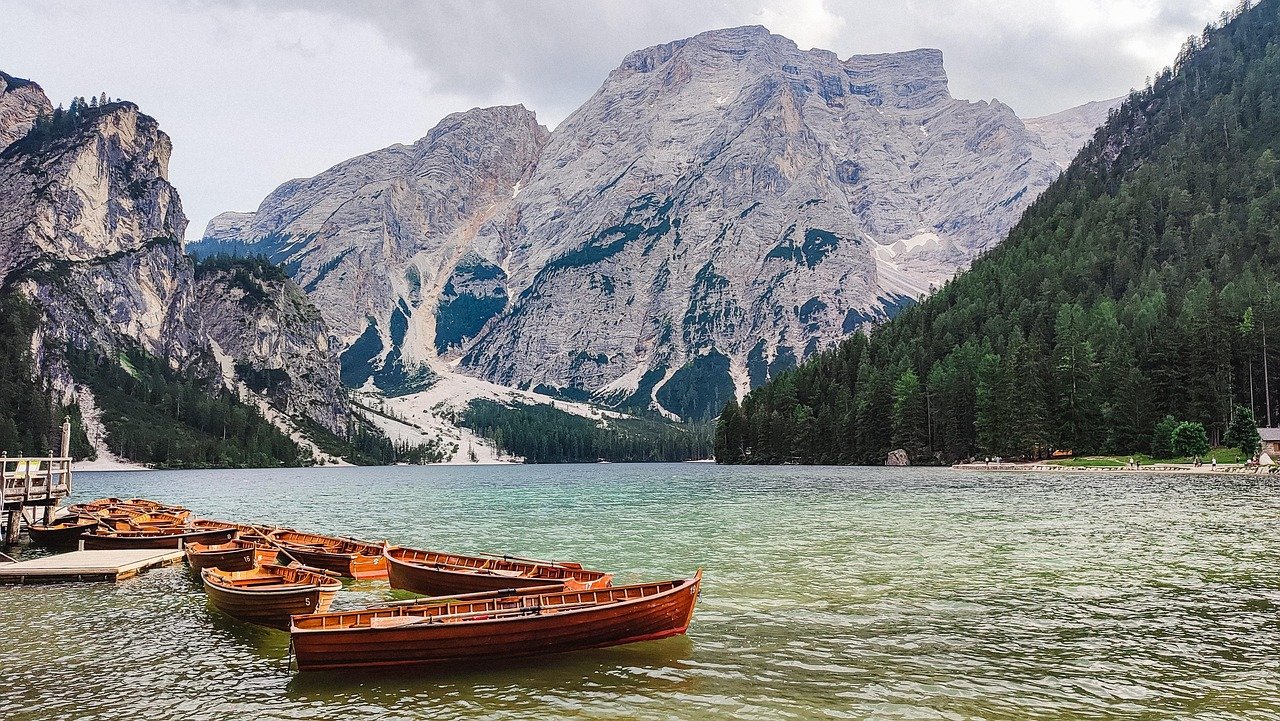Essential Guidelines: Implementing Boating Safety Tips
Ahoy there, sailors and sea enthusiasts! You might think that boating is all about singing “Row, row, row your boat” while sipping some bubbly, but there’s a whole lot more to it!
A Whale of a Tale about Boating Safety
Let’s ride the wave straight into safetyville, a place where every captain, first mate and even a deck swabber like yourself knows the ropes-literally and figuratively. All kidding aside, boating is the perfect way to lose the landlubber label, but it’s important not to lose yourself in the deep blue in the process. And that, dear reader, is where boating safety comes storming in.
The Anchor of It All: Preparation
Every seaworthy voyage begins at the shores of preparation. Shocking as it may sound, your rubber ducky doesn’t count as a lifeboat. You hear that, Ernie from Sesame Street? It would be much more prudent to start with a thorough vessel inspection, checking ropes, anchors, flares, and everything else in between. Make sure your GPS and radio equipment aren’t just fancy, shiny doodads but in working condition. And of course, ensure there are enough life jackets for everyone. I mean, unless you fancy turning your relaxing sailing trip into an episode of “Survivor.”

Weather or Not, Here We Sail
Your sailing trip is as good as the weather allows it to be. But don’t worry, you don’t need a degree in meteorology. A smart boater always checks the weather forecast before setting sail. Uncle Rumple’s arthritis acting up doesn’t count.
Wind changes and surprise storms aren’t too uncommon. A sudden gust might fill your sails one second and toss you off the boat the next. Trust me, that’s one way you don’t want to find Nemo!
Seaman’s Wrath – Hypothermia
Wait, isn’t hypothermia a thing for mountain climbers and ice road truckers? Well, not exactly. Surprise! Hypothermia can also be a rowdy and unwelcome guest on board. In case of an inopportune splash episode, change into dry clothes pronto!
Frequently Asked Questions
1. Do I always need to wear a life jacket?
Got gills like Aquaman or the amphibian X-Men guy? No? Then yes, absolutely. For children and poor swimmers, it’s a no-brainer, but even the most skilled swimmer can hit their head or get incapacitated. A life jacket can be as much of a lifesaver as Leonardo DiCaprio’s floating plank in Titanic.
2. Is alcohol allowed on board?
While the idea of feeling the swoosh of the sea breeze while sipping a mojito sounds enticing, alcohol and boating are as good a mix as oil and water. Alcohol affects your balance, coordination, and judgement- things you matey, need for safe nautical navigation.
3. I can’t swim. Can I still go boating?
Can horses fly? Sure, they can – if they’re on an airplane. So yeah, non-swimmers can go boating if they take the safety measures seriously – lifejackets, floatation devices in the water, and suchlike.
4. Why is boat maintenance so important?
Well, wouldn’t you rather find out your boat has a hole while it’s still on dry land rather than in the middle of a lake? Regular maintenance not only increases your boat’s lifespan, but it also ensures that your boat doesn’t become an impromptu submarine.
5. What if I fall overboard?
First of all, stop the dramatic reenactment of “Man Overboard!” Now, if you do fall in, stay calm, conserve energy, and make noise to alert others. It would be a brilliant time to see if the whistle on your life jacket works, wouldn’t it?
Conclusion
All set to charter out into the blue? Perfect! But remember, just as you wouldn’t go into a lion’s den dressed as a zebra, don’t venture into the water without adequate preparation. Boating safety is not just about checking boxes off a list; it’s about ensuring that your fun isn’t accompanied by any unwanted surprises. Now go forth and conquer – the sea awaits you, oh Brave Navigator! Arrivederci!





